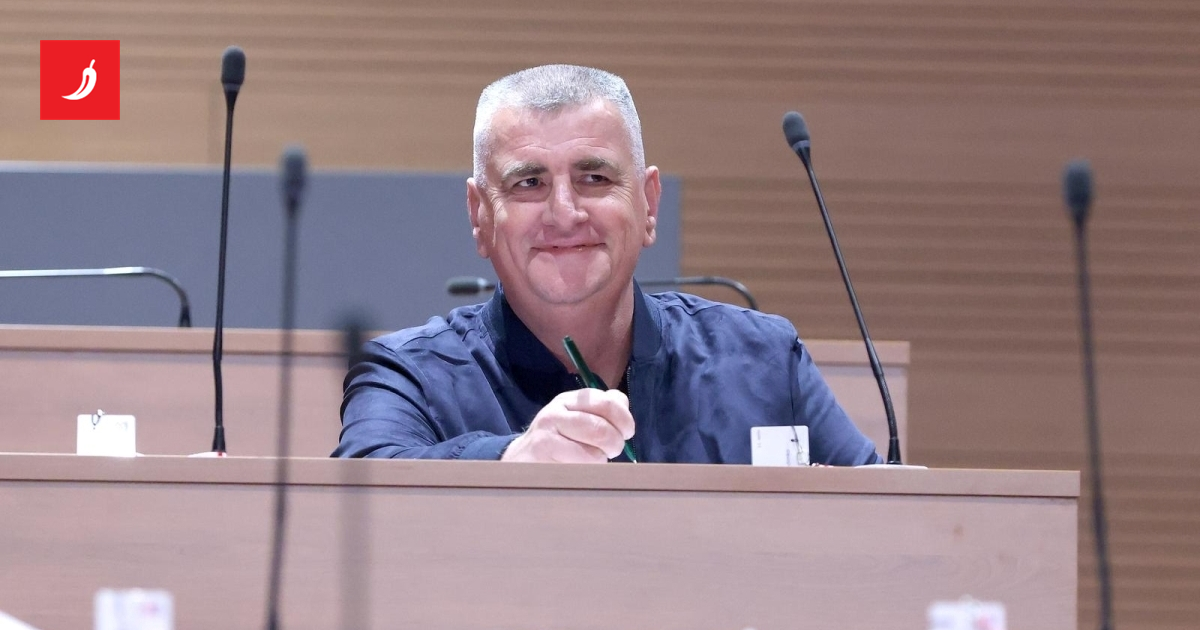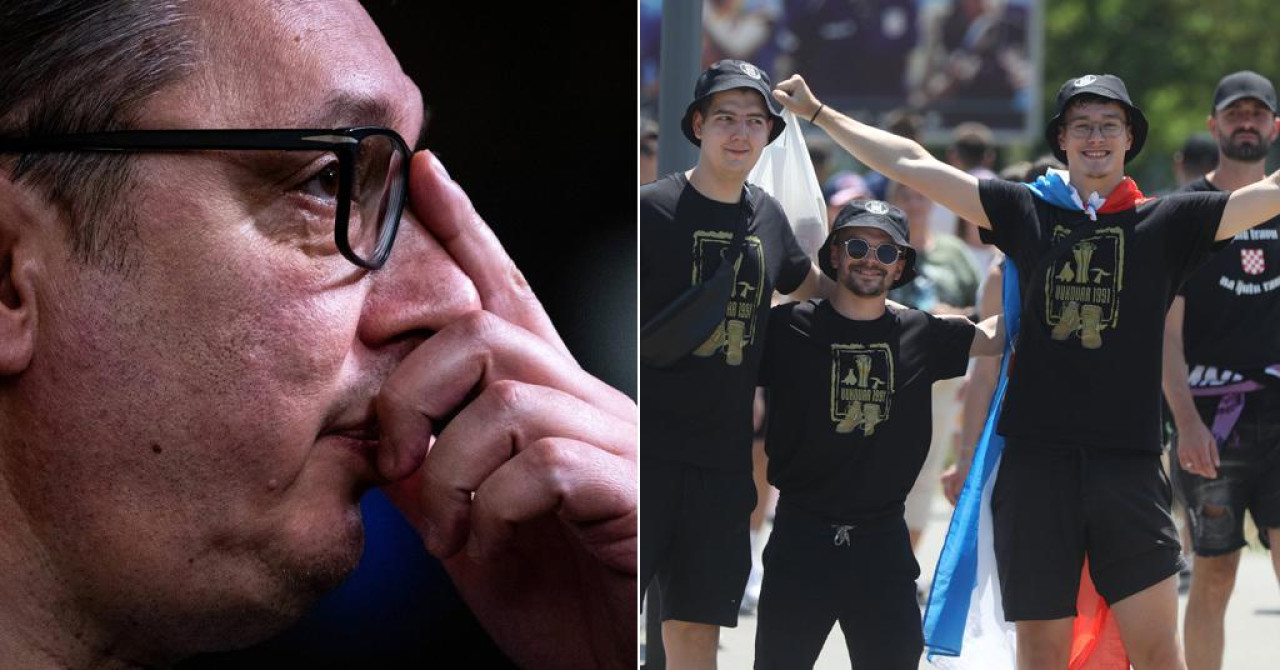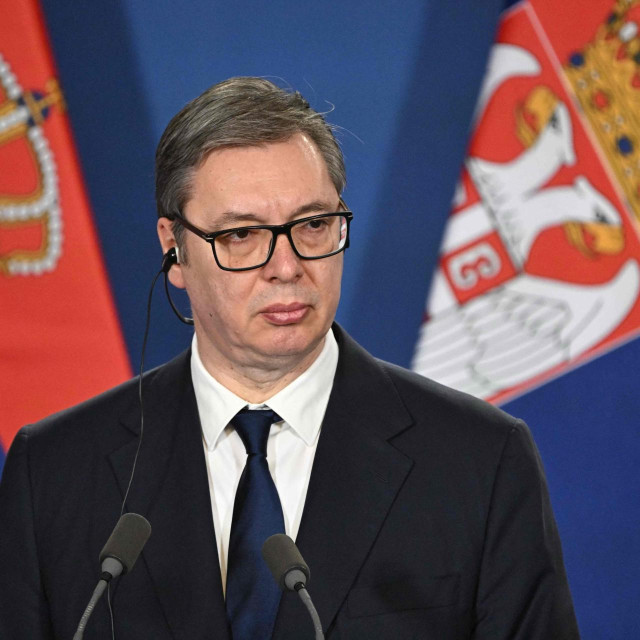Bulj and ‘Za dom spremni’: Scandal in Parliament or Political Provocation?
Picture this: MP Miro Bulj in the Croatian Parliament ends his speech with the salute “Za dom spremni” (ZDS) and immediately sparks a storm of reactions. The Speaker of Parliament, Gordan Jandroković, calls on him not to provoke, explaining that the salute has a double meaning — one linked to the NDH regime and unacceptable, and another connected to the Homeland War and HOS, where it is acceptable. But Bulj is not Thompson, not an Ustaša, says Jandroković, and this move only harms the Parliament and Croatia.
Meanwhile, Tomislav Josić from the Homeland Movement calls out Milorad Pupovac for his silence on Serbian songs that insult Croatia, while Pupovac criticizes the ZDS salute. This political game around symbols and songs only further divides society.
On the other side, Serbian President Aleksandar Vučić comments on Marko Perković Thompson’s concert in Zagreb, claiming there were not half a million people, but about 200,000, and that the concert was a promotion of Ustaša ideology and anti-Serbian politics. Vučić warns of rising chauvinism in the region, especially in Croatia.
All this shows how explosive symbols and words are in this part of Europe. “Za dom spremni” is not just a salute; it is political gunpowder that ignites passions and opens old wounds. While some see it as a sign of patriotism and remembrance of the Homeland War, others see it as a reminder of a dark past and the fascist NDH.
Why did Bulj decide on this move? Is it a sincere desire to honor veterans or a cheap political provocation to score points? Jandroković believes the latter, but Bulj and his supporters claim it is a legitimate expression of patriotism.
On the other hand, Vučić’s accusations about the concert and chauvinism further strain relations between Croatia and Serbia, reminding us that the wounds from the 1990s are still open and political tensions can easily spill over into cultural events.
This saga around “Za dom spremni” and Thompson is not just a local Croatian problem but a regional phenomenon showing how hard it is to reconcile with the past and how symbols can be tools of politics and division.
If you think this is just another political quarrel, think again. This is about identity, memory, and the future of the entire region. And you, dear readers, what do you think? Is the “Za dom spremni” salute just a historical symbol or a dangerous provocation? Drop a comment, maybe you have the answer that will either calm this fire or fan its flames even more!











